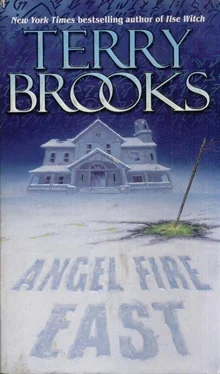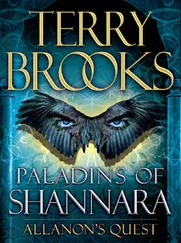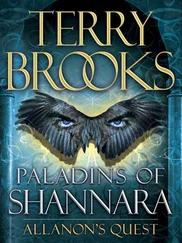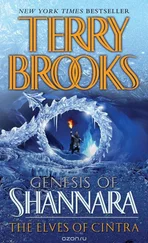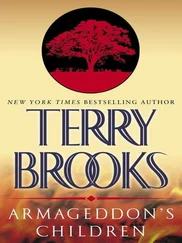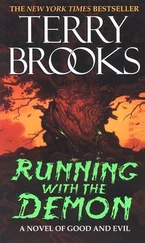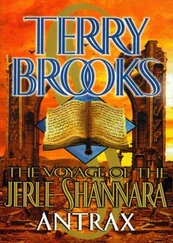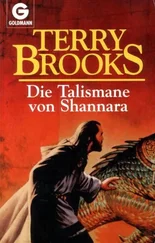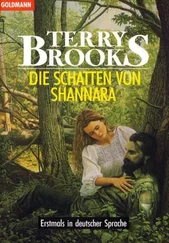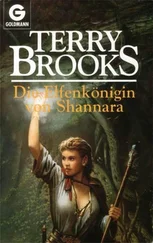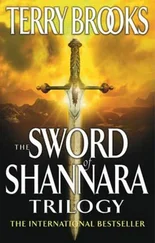TO MY FATHER, DEAN BROOKS
Who made sacrifices as an aspiring writer then so that I could be a published writer now.
He stands at the edge of a barren and ravaged orchard looking up from the base of a gentle rise to where the man hangs from a wooden cross. Iron spikes have been hammered through the man's hands and feet, and his wrists and ankles have been lashed tightly in place so he will not tear free. Slash wounds crisscross his broken body, and he bleeds from a deep puncture in his side. His head droops in the shadow of his long, lank hair, and the rise and fall of his chest as he breathes is shallow and weak.
Behind him, serving as a poignant backdrop to the travesty of his dying, stands the fire-blackened shell of a tiny, burned-out country church. The cross from which the man hangs has been stripped from the sanctuary, torn free from the metal brackets that secured it to the wall behind the altar, and set into the earth. Patches of polished oak glisten faintly in the gray daylight, attesting to the importance it was once accorded in the worshipping of God.
Somewhere in the distance, back where the little town that once supported this church lies, screams rise up against the unmistakable sounds of butchery.
John Ross stands motionless for the longest time, pondering the implications of the horrific scene before him. There is nothing he can do for the man on the cross. He is not a doctor; he does not possess medical skills. His magic can heal and sustain only himself and no other. He is a Knight of the Word, but he is a failure, too. He lives out his days alone in a future he could not prevent. What he looks upon is not unusual in the postapocalyptic horror of civilization's demise, but is sadly familiar and disturbingly mundane.
He can take the man down, he decides finally, even if he cannot save him. By his presence, Ross can give the man a small measure of peace and comfort.
Beneath a wintry sky that belies the summer season, he strides up the rise to the man on the cross. The man does not lift his head or stir in any way that would indicate he knows Ross is present. Beneath a sheen of sweat and blood, his lean, muscular body is marked with old wounds and scars. He has endured hardships and abuse somewhere in his past, and it seems unfair that he should end his days in still more pain and desolation.
Ross slows as he nears, his eyes drifting across the blackened facade of the church and the trees surrounding it. Eyes glimmer in the shadows, revealing the presence of feeders. They hover at the fringes of his vision and in the concealment of sunless corners, waiting to assuage their hunger. They do not wait for Ross. They wait for the man on the cross. They wait for him to die, so they can taste his passing from life into death—the most exquisite, fulfilling, and rare of the human emotions they crave.
Ross stares at them until the light dims in their lantern eyes and they slip back into darkness to bide their time.
A shattered length of wood catches the Knight's attention, and his eyes shift to the foot of the cross. The remains of a polished black staff lie before him—a staff like the one he carries in his hands. A shock goes through him. He stares closely, unable to believe what he has discovered. There must be a mistake, he thinks. There must be another explanation.
But there is neither. Like himself, the man on the cross is a Knight of the Word.
He moves quickly now, striding forward to help, to lower the cross, to remove the spikes, to free the man who hangs helplessly before him.
But the man senses him now and in a ragged, whispery voice says, Don't touch me.
Ross stops instantly, the force of the other's words and the surprise of his consciousness bringing him to a halt.
They have poisoned me, the other says.
Ross draws a long, slow breath and exhales in weary recognition: Those who have crucified this Knight of the Word have coated him in a poison conjured of demon magic. He is without hope.
Ross steps back, looking up at the Knight on the cross, at the slow, shallow rise and fall of his breast, at the rivulets of blood leaking from his wounds, at the shadow of his face, still concealed within the curtain of his long hair.
They caught me when I did not have my magic to protect me, the stricken Knight says softly. I had expended it all on an effort to escape them earlier. I could not replenish it quickly enough. Sensing I was weak, they gave chase. They hunted me down. Demons and once-men, a small army hunting pockets of resistance beyond the protection of the city fortresses. They found me hiding in the town below. They dragged me here and hung me on this cross to die. Now they kill all those who tried to help me.
Ross finds his attention drawn once more to the shrieks that come from the town. They are beginning to fade, to drain away into a deep, ominous silence.
I have not done well in my efforts to save mankind, the Knight whispers. He gasps and chokes on the dryness in his throat. Blood bubbles to his lips and runs down his chin to his chest.
Nor have any of us, Ross says.
There were chances. There were times when we might have made a difference.
Ross sighs. We did with them what we could.
A bird's soft warble wafts through the trees. Black smoke curls skyward from the direction of the town, rife with the scent of human carnage.
Perhaps you were sent to me.
Ross turns from the smoke to look again at the man on the cross, not understanding.
Perhaps the Word sent you to me. A final chance at redemption.
No one sent me, Ross thinks, but does not speak the words.
You will wake in the present and go on. I will die here. You will have a chance to make a difference still. I will not.
No one sent me, Ross says quickly now, suddenly uneasy.
But the other is not listening. In late fall, three days after Thanksgiving, once long ago, when I was on the Oregon coast, I captured a gypsy morph.
His words wheeze from his mouth, coated in the sounds of his dying. But as he speaks, his voice seems to gain intensity.
It is my greatest regret, that I found it, so rare, so precious, made it my own, and could not solve the mystery of its magic. The chance of a lifetime, and I let it slip away.
The man on the cross goes silent then, gasping slowly for breath, fighting to stay alive just a few moments longer, broken and shattered within and without, left in his final moments to contemplate the failures he perceives are his. Eyes reappear in the shadows of the burned-out church and blighted orchard, the feeders beginning to gather in anticipation. Ross can scorch the earth with their gnarled bodies, can strew their cunning eyes like leaves in the wind, but it will all be pointless. The feeders are a part of life, of the natural order of things, and you might as well decide there is no place for humans either, for it is the humans who draw the feeders and sustain them.
The Knight of the Word who hangs from the cross is speaking again, telling him of the gypsy morph, of how and when and where it will be found, of the chance Ross might have of finding it again. He is giving Ross the details, preparing him for the hunt, thinking to give another the precious opportunity that he has lost. But he is giving Ross the chance to fail as well, and it is on that alone his listener settles in black contemplation.
Do this for me if you can, the man whispers, his voice beginning to fail him completely, drying up with the draining away of his life, turning parched and sandy in his throat. Do it for your self.
Ross feels the implications of the stricken Knight's charge razor through him. If he undertakes so grave and important a mission, if he embraces so difficult a cause, it may be his own undoing.
Читать дальше
